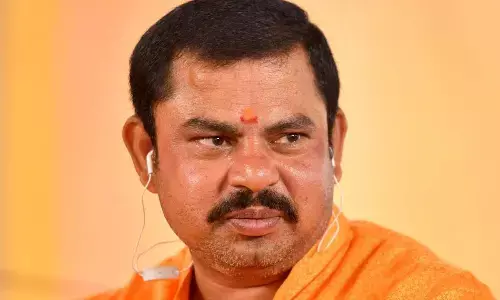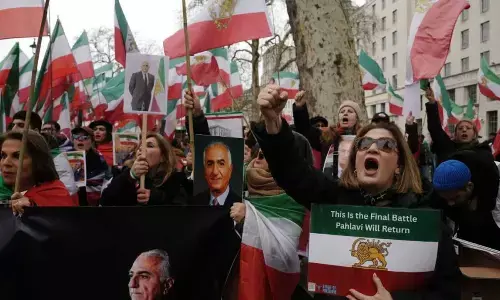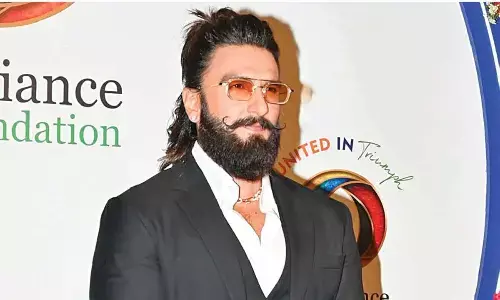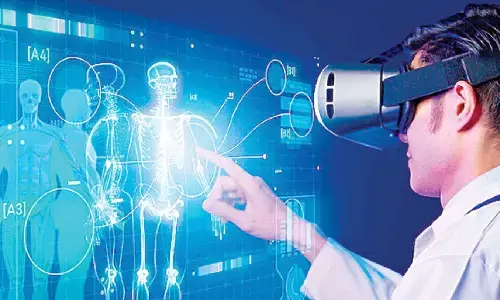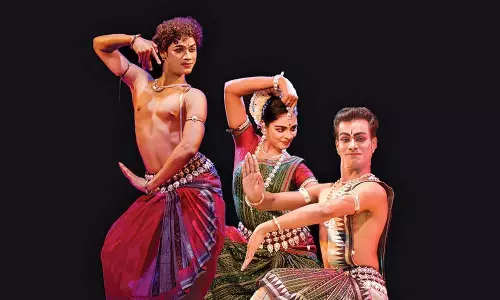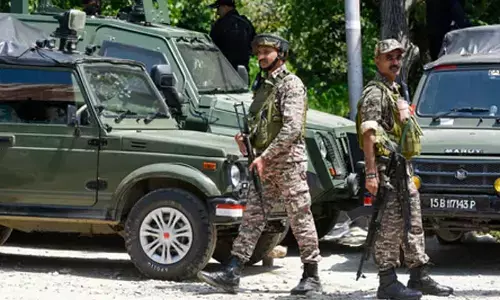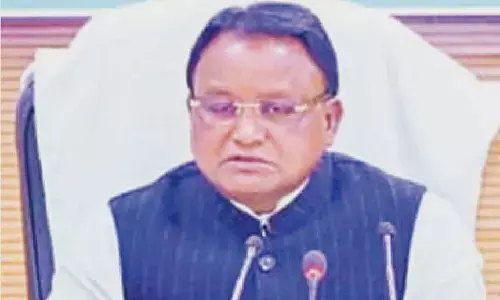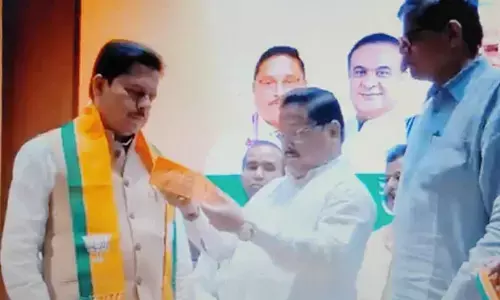We need global development through collaboration

We need global development through collaboration
If development has been here for a while and is here to stay, why has everyone not developed and why does the promise of general well-being still seem distant?
Development is a term that enjoys widespread popularity and currency in today's times and yet, what it is supposed to mean remains unclear. It is defined variously based on where one comes from and by whom it is used - for some, it might mean infrastructural advancement, for others, social progress and for others, alleviation of inequalities and so on. A universal understanding of development remains elusive and it is hard to fathom who benefits from the innumerable projects undertaken in the name of development. If development has been here for a while and is here to stay, why has everyone not developed and why does the promise of general well-being still seem distant?
To start unpacking this quandary, it is safe to assert that development often becomes a programme of self-serving at the hands of people who champion, advocate and carry on several endeavours to develop our societies. As a buzzword that leads us to expect large-scale progress, happiness and enhanced standards of living, it is often unquestioned and accepted without remark. However, as several instances point out, development does not mean the same thing for all.
The Narmada Bachao Andolan juxtaposed itself against an eminently promoted development project, which promised great infrastructural strides, but at the same time dispossessed countless villagers of their land. A 2019 World Wildlife Fund found over 509 dams being constructed or planned in environmentally sensitive areas, causing threats of habitat destruction and pollution. Clearly, then, for the benefit of a select section of the society, resources and lives are being put at risk under the umbrella of development.
There needs to be a critical reflection and re-evaluation of what development entails and who it benefits. Projects in the name of a noble cause to the detriment of large numbers of people cannot be allowed to run without significant checks being placed on the methodologies employed and without cost and benefit analyses. To start with, we can streamline the idea by engaging with the concepts of sustainable and equitable development.
Sustainable development means achieving human development without giving short shrift to future generations and without compromising the integrity and ability of natural systems to sustain our existence in the long term. Equitable development, on the other hand prioritises social equity and advocates that the fruits of development must also be made available to vulnerable and underserved communities. Both these organising principles ensure that neither people nor the environment bears the brunt of human greed. Deriving from these ideas, it can be stated that development as economic growth must not benefit just a few. It should not mean the destruction and manipulation of natural resources and social relations to create more goods and services. In an ideal sense, it should create outcomes that can be fairly shared among all members of the community. For this, development needs to become, in one word, collaborative. If people at all levels in the socioeconomic pyramid are engaged in the imagination and implementation of schemes for development, it is likely to benefit everyone regardless of their backgrounds and origins. For this, development must be democratized.
For instance, before setting up a factory in a rural location, responsible authorities can consult inhabitants of villages and assess whether the project is likely to derail the ways of life of the community and whether, with deft planning, it can generate better life chances and economic prospects for the people concerned. Local representation must be made compulsory for such appraisals to take place. Similarly, another general goal should be attempts to alleviate economic disparity and counter poverty, by making financial rewards available to everyone, by endorsing and invigorating a development project.
Any infrastructural endeavour that aims to serve people in privileged constituencies at the cost of impoverishing and jeopardising the vulnerable is a gigantic ethical concern and can be countered with relative ease through holistic planning. For example, as a report by Harvard University notes, in the 1970s, city officials in Cleveland began representing the interests of low- income and minority city dwellers in their city's plans, a radical departure from the earlier practice of considering only the welfare of downtown businesses and affluent taxpayers and planners such as Norman Krumholz called for "equity planning" in American cities. Similar efforts can be made across the board for making development truly deliver the promises it offers.
In India, for instance, Goonj is an organization which aims to build an equitable relationship between the cities and villages using the under-utilized urban material in a bid to make development inclusive. Under its 'Dignity for Work' initiative, Goonj discussed building a bridge across the river Kaljani with the locals and once the community members were taken on board, a group of 99 enthusiastic villagers built a 350-metre-long bamboo bridge. Many more such stories are part of Goonj's journey. Worthy models for inclusive development are thus, not hard to find.
On the whole, it is time to move away from the widely accepted myth of development and put it through hard enquiry. Development should be actualised, democratised and made sustainable and beneficial for people across socioeconomic divides for it to be a goal worth pursuing in modern society. This can be realised through our relentless questioning and engagement with all endeavours of development and we must live up to the responsibility it takes to develop.
(The author is Founder, Upsurge Global, and Senior Advisor, Telangana State Innovation Council)


